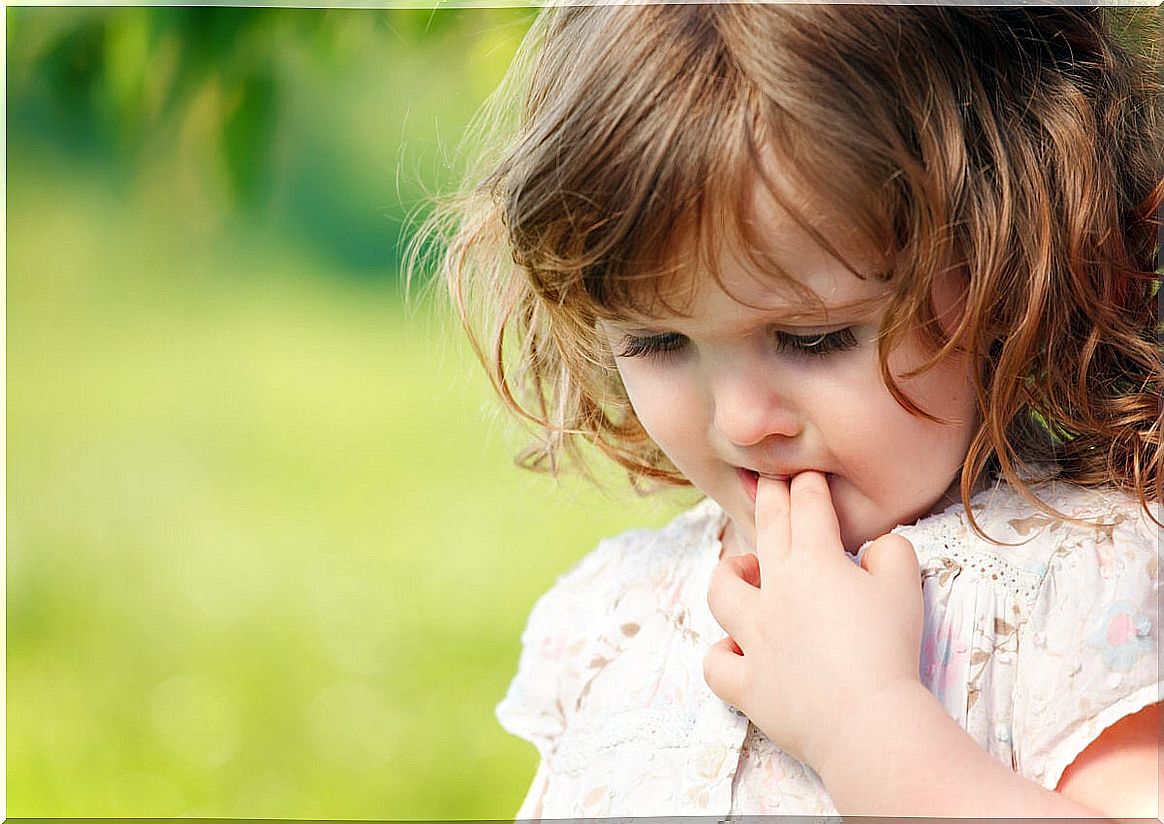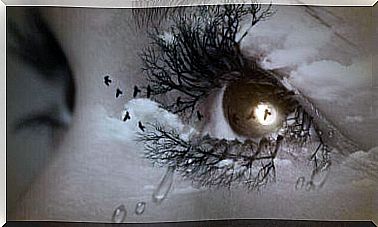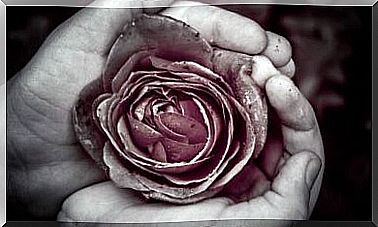Childhood Amnesia: What Does It Consist Of?

Your earliest memories likely date back to four or five years of age. But first, what happened? Why don’t we remember it? This is what the phenomenon we will talk about today is about: infantile amnesia.
What exactly is childhood amnesia? When does it appear? Why don’t we remember the first years of life? In this article we will try to answer these and other interesting questions.
Childhood amnesia: what does it consist of?
Infantile amnesia, also called childhood amnesia, is the inability of adults to remember the early years of childhood.
Normally this type of amnesia encompasses events from birth to three or four years of life. Therefore, generally, the first memories we have of when we were little are those of when we were four or five years old.

Characteristics of childhood amnesia
Infantile amnesia is characterized by the relative absence of memory and recollections before the age of three or four. It is as if, before those ages, there was a gap in our memory. In reality, this term does not designate the complete absence of memories, but the relative scarcity of them during childhood. The time limit for childhood amnesia is variable.
According to a study by Wang (2001), this time limit is influenced by two types of variables: personal (individual experiences) and cultural (cultural factors).
We become aware in adulthood
Thus, children, although they are expert learners and have a great capacity to acquire and retain information, have memories of when they were small, inaccessible to memory due to this type of amnesia. However, according to West et al. (1999) and Fivush (1987), we experience this type of amnesia (or become aware of it) when we are adults.
Investigation
For many years this type of amnesia has been studied in adults, although recently it has also been done in children. According to Usher et al. (1993), in an article published in the Journal of Experimental Psychology, when investigating childhood amnesia, easily verifiable events are generally used, as well as very intense or prominent events.
For example, the birth of a sibling is used. Why? To avoid problems of unreliability of children’s memories.
When does it manifest?
As we said, this type of amnesia has been studied mainly in adults. And it is in adults when it manifests itself, although there is research whose data suggest that childhood amnesia already exists during childhood.
In relation to this, in a series of investigations by Bauer and Larkina (2014), it was determined that childhood amnesia appeared after seven years of age. With this we refer to the awareness, on the part of the person, that the first events of life are not remembered.
Other research has shown that young children are capable of having memories, but that these are less clear and detailed than when children get older. Thus, when they are older, children are able to recall events much longer and in more detail, despite not remembering the first years of their life.
Why don’t we remember the first years of life?
There are different hypotheses around why we do not remember the first years of life, although there is not a total consensus around their explanation. We leave you three of the most accepted:
Linguistic hypothesis
According to the linguistic hypothesis, for example, childhood amnesia would appear due to a lack of adequate coding, due to the absence or lack of language development. According to this hypothesis, language would constitute the structure to organize everything that we live. If the language is lacking, this organization is more difficult and therefore the experiences are more difficult to remember.
Neurological hypothesis
The neurological hypothesis suggests that childhood amnesia could be due to brain immaturity, on the one hand, and neuronal overpopulation during the first years of life, on the other. Thus, in childhood, our hippocampus (closely linked to memory), undergoes a process of constant neurogenesis.
This creation of new neurons would make it difficult to record information in a persistent and stable way, which would cause us to lose part of the autobiographical memories of childhood.
Hypothesis on the formation of I
Another hypothesis suggests that childhood amnesia is due to the fact that, when we are young, we do not yet have an “I”, a well-defined self-concept. Thus, not being aware that we exist, or that we “are” (that is, of an identity), we cannot elaborate a biography through that Self .

Final reflection
Surely, the explanation of why we do not remember the first years of our life has to do with all the aforementioned hypotheses (and with new ones that will arise). The truth is that the brain is still a great unknown in many aspects, which includes memory or autobiographical memory.
Perhaps those early childhood memories were not etched in our memory, or perhaps they are “there”, even though we do not have access to them. Surely, the neurosciences will give us more exact answers to all this, in the future. In the meantime, let’s keep creating memories.









